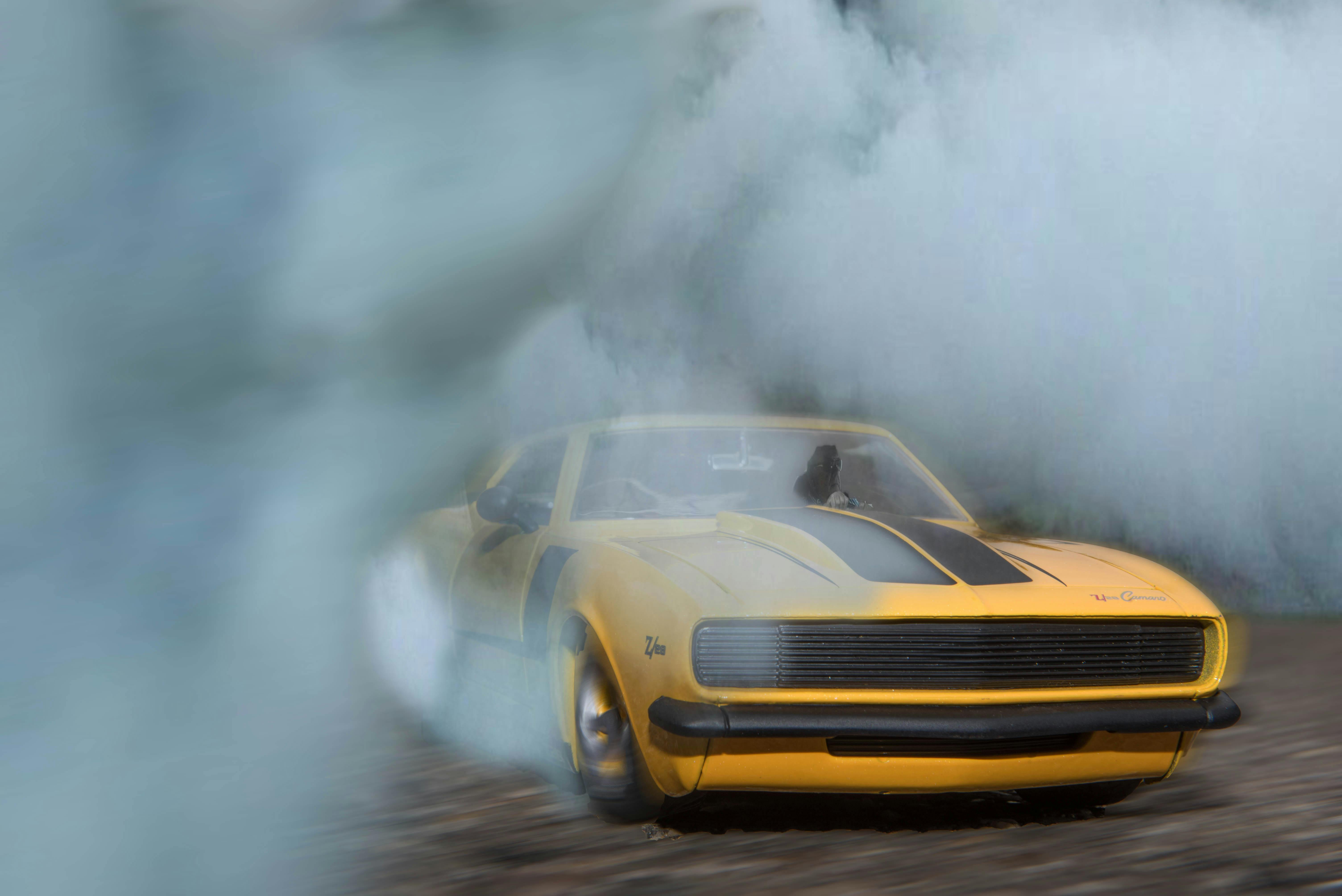Henry Ford Retirement Anniversary – September 1945
Seventy years ago this month, Henry Ford retired from his position as head of Ford Motor Company. I’m sure he was tired after so many years of innovation and struggle as he built his own personal empire.
It seems to me that Ford cars are either loved or hated by consumers. I’ve had a few with good results, so I don’t have anything bad to say about them. But of course, I don’t get too excited about cars. I am one of those who see cars as a necessary evil. I have to have one, but it can be more functional than luxurious.
Today a friend and I are driving for a couple of hours to visit a car auction. It’s not just a car auction, it’s limited to classic and collectible cars. You know, cars like a 1928 Duesenberg or a 1932 Ford truck in mint condition. Or maybe a 1972 Ford Mustang or some other muscle car from that era.
I used to think owning an old car would be fun until I saw a driver park one on the auction floor. He wore leather gloves, and without power steering he worked hard turning the steering wheel, gripping as hard as he could, pulling and pulling to move those big wheels attached to that iron frame that supported a heavy 12-cylinder engine.
While walking to his table at a restaurant in New York City, Glen Curtiss was once stopped by an elderly man who said, “If you need help with your lawsuit, let me know.”
Curtiss was with his attorney and then asked, “Who was that guy?”
The lawyer replied, “Oh, that’s Henry Ford.”
This was when the Wright brothers sued Curtiss for the invention of airplane flaps vs. using wires to warp the wings to control flight.
In his early years, Henry Ford was sued by a doctor in Rochester, New York, over his engine design. The doctor had a patent on valves or something and sued Ford for violating it, and after a legal battle between the two parties, Ford won and continued production of it. He, from then on, was sensitive to the question of progress despite previous claims.
Ford Motor Company introduced many new features and had some failures. Most would agree that the Mustang was among the best and the Edsel among the worst.
The end of the 20th century was the most challenging, as Japanese engineering, led by an American engineer, set a new standard that had to be met, and today, the American auto industry improves every year as more and more are introduced. innovation in the design and manufacturing process.
Old Henry would be proud of today’s cars. He probably wouldn’t mess around with recent history, but he would eagerly look to the future and ways to further advance modern automobile technology.
So we salute Henry Ford for his contribution to such an important part of our culture.
